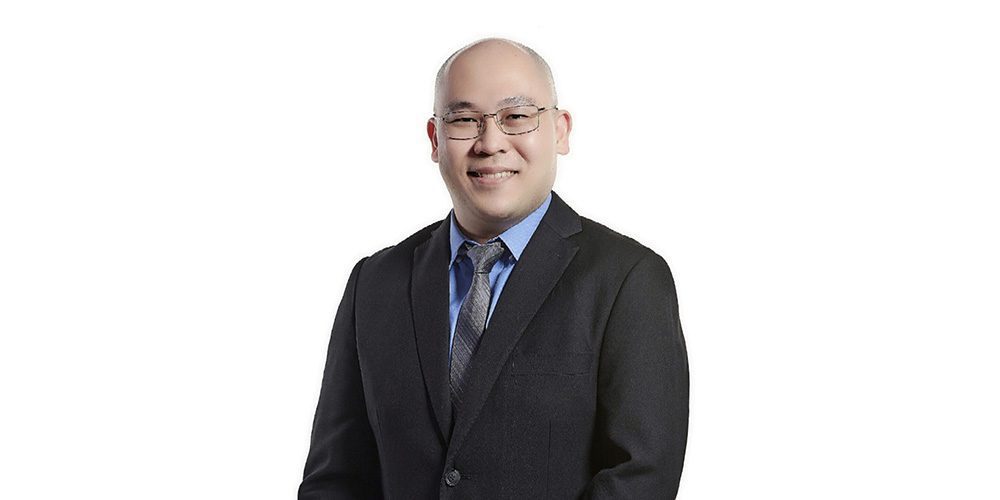Breast cancer is not exclusive to women and can also affect men. One of the most common cancers among Malaysians are breast cancer, followed by colorectal cancer, lung cancer, nasopharyngeal cancer, and liver cancer. Specifically in Malaysia, breast, colorectal, and lung cancers make up about half of the total cancer cases reported.
Most people would assume that men don’t get breast cancer. Although breast cancer is much more common in women, men do have a small amount of breast tissue and can develop breast cancer too. The average risk of male breast cancer is 1 in 1000 men, and accounts for less than 1% of all cancers in men. Although rare, this is still a possibility and most men who have breast cancer are often diagnosed at a more advanced stage. This is because a lot of men aren’t even aware that they can get breast cancer, and therefore do not have a regular screening routine.
What causes male breast cancer?
- Getting Older – The risk among men increases as they age, and frequently occurs among men over 60 years old. However, there are times where younger men have been diagnosed with breast cancer.
- Genetic mutation – Mutation in certain genes, such as BRCA1 and BRCA2, increases breast cancer risk.
- Family history of breast cancer – Risk of male breast cancer is higher if a close family member has had breast cancer.
- Hormone therapy treatment – Drugs containing oestrogen, which was used in the past to treat prostate cancer can increase male breast cancer risk.
- Klinefelter syndrome – A type of rare genetic condition in which a male has an extra X chromosome. This can lead to higher levels of oestrogen production and lower levels of androgens.
- Radiation – Men who had radiation therapy to the chest have higher risk of getting breast cancer.
- Testicular issues – Injury to testicle, or surgery to remove testicles can increase the risk of breast cancer.
- Liver disorder – Cirrhosis of the liver can lower androgen levels and raise oestrogen levels in men, thus increasing the risk of breast cancer.
- Overweight and Obesity – Older men who are overweight or obese have a higher risk of getting breast cancer than men with normal weight.
Dr. Jenson Sow Wen Jen, Resident Consultant Oncologist at Aurelius Hospital Nilai, said “Although breast cancer is a common disease among women, men should also be aware and know the signs and symptoms for early detection. As with any type of cancer, it is always important to understand the signs as early as possible, to have proper treatment taken. For men, it is more critical for survival as cancer tends to spread faster to the adjacent
organs because men have less breast tissue. Hence, early detection for breast cancer among men is crucial and can save lives.”
Here are some common symptoms for male breast cancer to look out for:
- Swelling of the breast area
- Ulceration on the breast or nipple
- Tender or inverted nipple (pulled inwards)
- Rash on or around the nipple
- Lump in the underarm area
- Oozing discharge from the nipple, sometimes with blood


